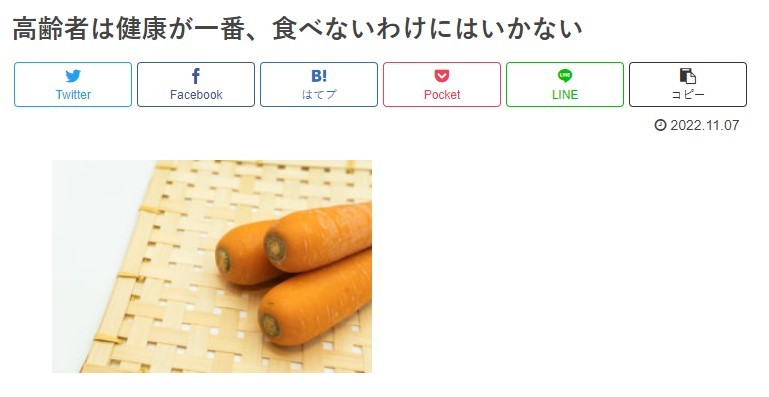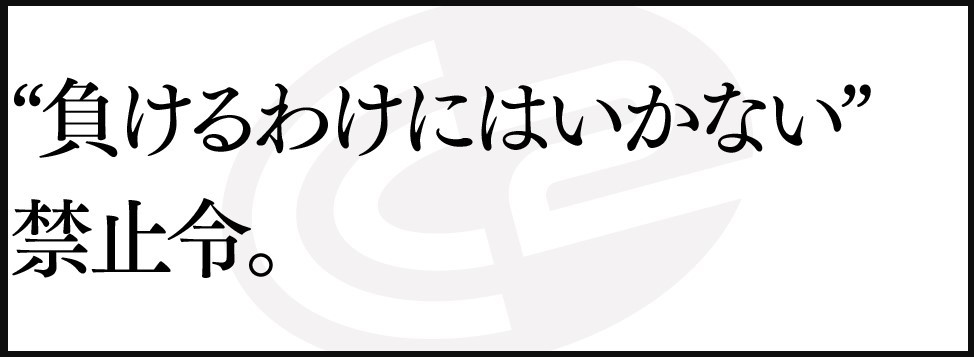ない訳にはいかない (nai wake ni wa ikanai) Meaning Japanese Grammar - Can't Not Do Something
Anna Baffa Volpe
Get in touch with meThe expression ない訳にはいかない (nai wake ni wa ikanai) means can't not do something, no way to avoid doing something which implies must do something.
We will also see the use of the dictionary form (affirmative plain form) combined with 訳にはいかない with the meaning of can't do something.
How ない訳にはいかない is formed
The expression ない訳にはいかない is formed
- by the negative of the verb ある
be, exist, ないnot be, not exist - by the noun 訳 wake meaning
reason,circumstance - by the particle に indicating the place and the time emphasised by the presence of は
- and by いかない the negative plain form of the verb いく
go, いかないnot to go
The expression contains double negatives and the meaning is:
- それをしなければならない: must,
must do,must perfom the action
In the polite form いかない is replaced by いきません.
How and when to use ない訳にはいかない
This expression is used when referring to an action that can't be avoided. Due to external causes and circumstances or to personal considerations, the subject can't help but perform that action.
It is used when providing explanations, excuses or reasons why the subject can't avoid performing a certain action.
- Example of an external circumstance
明日はテストがあるので今日勉強しない訳にはいかない。
I have a test tomorrow, so I can't help but study today.
- Personal consideration
大事な友達の結婚式だから、参加しないわけにはいかない。
It's an important friend's wedding, I can't not attend.

高齢者は健康が一番、食べないわけにはいかない。
Health is the most important thing for the elderly, they can't help eating (these foods).
Dictionary form + 訳にはいかない
The same expression is used with the verb in the dictionary form that is the affirmative plain form.
Again, for circumstances, external causes or personal reflections, できない, it is not possible to perform the action.
明日テストなので、寝る訳にはいかない。
I have a test tomorrow, so I can't go to bed.
社長がスピーチをするので、トイレへ行くわけにはいきません。
The President will be giving a speech, so it won't be possible to go to the bathroom.
砂漠で溺れるわけにはいかない。
We can't drown in the desert.
In the given example, the noun of the expression 訳 reason is emphasised: it is not logical to think that a person can drown in the desert.

負ける訳にはいかない!禁止令。
We can't lose! It's a prohibition order.
* The term 禁止令 contains the words 禁止 meaning prohibition and 令 order, ordinance.
Examples of 訳にはいかない
イタリアに来てジェラートを食べないわけにはいかない。
You can't visit Italy and not eat gelato.
そんな話を聞くと笑わないわけにはいかない。
I can't help but laugh when I hear that story.
車で来ているので、今日はお酒を飲むわけにはいかない。
I'm here by car, so I can't drink alcohol today.
Similar grammar points in Japanese 📚
あんなふうに
あんなふうに (anna fuu ni) Meaning Japanese Grammar - Like That
というふうに
というふうに (to iu fuu ni) Meaning Japanese Grammar - in Such a Way That...
こんなふうに
こんなふうに (konna fuu ni) Meaning Japanese Grammar - Like This
ふうに
ふうに (fuu ni) Meaning Japanese Grammar - In a Way
そんなふうに
そんなふうに (sonna fuu ni) Meaning Japanese Grammar - Like That
っていうふうに
っていうふうに (tte iu fuu ni) Meaning Japanese Grammar - In Such a Way That...